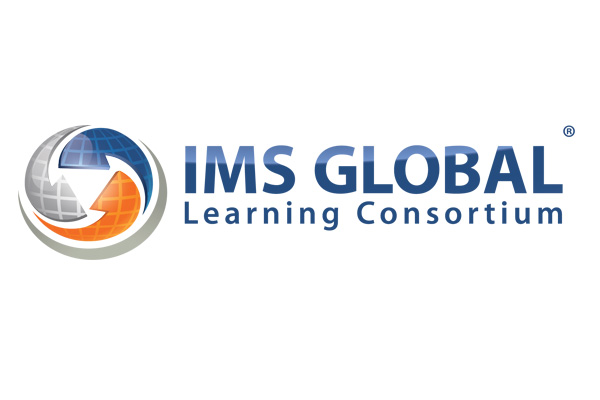 CINVU at a Glance
CINVU at a Glance
IMS Global Learning Consortium
Institution title : IMS Global Learning Consortium
Institution place :
IMS Global Learning Consortium (IMS Global/IMS) is a highly effective, nonprofit, member organization that is committed to advancing technology that can affordably scale and improve educational participation and attainment. To ensure that the “Learning Impact” of technology-enabled innovation is achieved around the world, IMS Global’s influential community of educational institutions, suppliers, and government organizations develops open interoperability standards, supports adoption with implementation resources, and encourages adoption through programs that highlight effective practices.
Together, the IMS member community is a force multiplier to accelerate digital transformation to enable education institutions to be more innovative, provide a more seamless user experience, and dramatically reduce the cost of integrating products into the educational enterprise systems.
IMS members participate in any or all of the aspects of the IMS work: from standards creation to adoption of edtech innovation to large-scale deployment of technology to achieve learning impact (improving access, affordability, and quality of learning). The interaction and feedback among these three "stages" of market adoption are critical to the success of the open architecture and the fostering of new opportunities throughout the sector.
In 1997, IMS came into existence as a project (the Instructional Management System project) within the National Learning Infrastructure Initiative of EDUCAUSE. In 1999, IMS Global spun out of EDUCAUSE to become an independent non-profit organization. While IMS got its start with a focus on higher education, the specifications published to date as well as ongoing projects address requirements in a wide range of learning contexts, including of course K-12 schools and corporate and government training. IMS continues to have a close relationship with EDUCAUSE and numerous other education and training associations. IMS Global also has numerous partnerships with standards-setting groups and government bodies around the world.
IMS has published a broad range of learning technology interoperability standards available under a royalty-free license. Standards development is led by member-based workgroups from various parts of the world, depending on need and interest. IMS also provides robust developer communities to aid in the adoption of IMS work, including the sharing of open-source code libraries, reference implementations, and conformance certification. End-user organizations established numerous advisory groups in specific areas to develop institutional best-practice and how-to guides, as well as to guide the priorities of IMS technical work.
INITIATIVES that enable educational institutions to fully leverage the benefits of digital technology now and in the future.
DIGITAL CREDENTIALS & PATHWAYS
Digital credentials are reshaping the way we think about education and professional development by enabling lifelong learner-control of their evidence-based skills and achievements and supporting the transition to standards-based and competency-based learning.
LEARNING DATA & ANALYTICS
Clickstream learning data from all digital resources—available in real-time and viewable using any dashboard—can help inform student success strategies, institutional academic decisions, instructional design, and provides a common data format for research on student learning.
INTEGRATED ASSESSMENT
High-quality innovative digital assessment that is accessible, adaptive, and safeguarded for integrity, complements the teaching and learning process, enabling effective interventions and continuous improvement.
LEARNING PLATFORMS, APPS & TOOLS
Scalable, seamless, and secure integration of all digital content, learning tools, and assessment products into an institution’s digital learning environment is the most effective way to support next generation teaching and learning.
CURRICULUM INNOVATION
Packaging learning content from different sources and streamlining the management of digital resources saves valuable instruction time and provides greater choice and flexibility that leads to better learning experiences.
